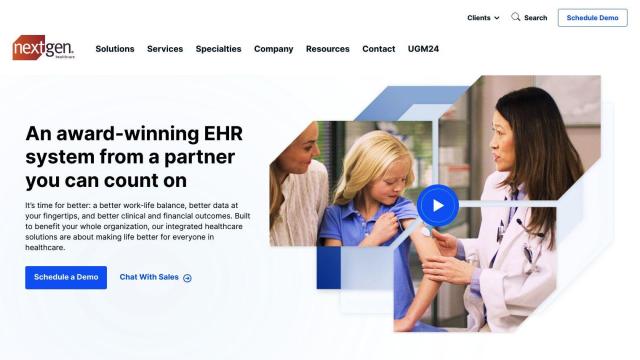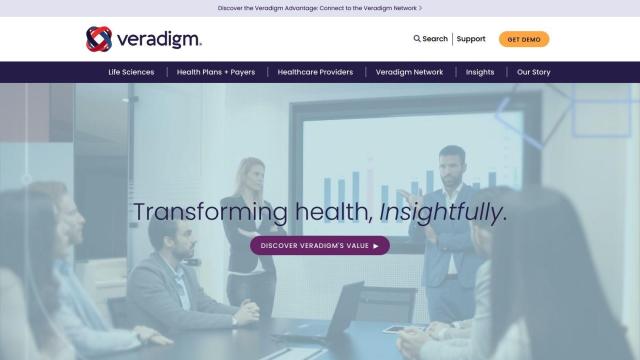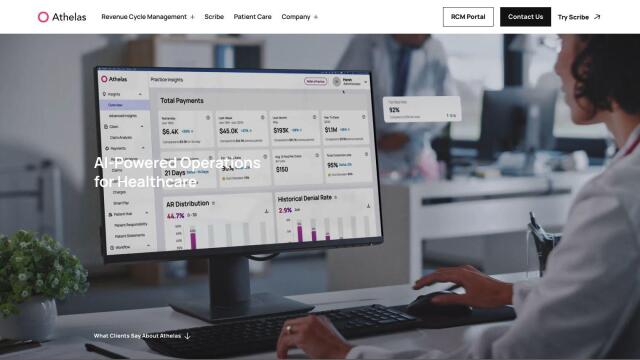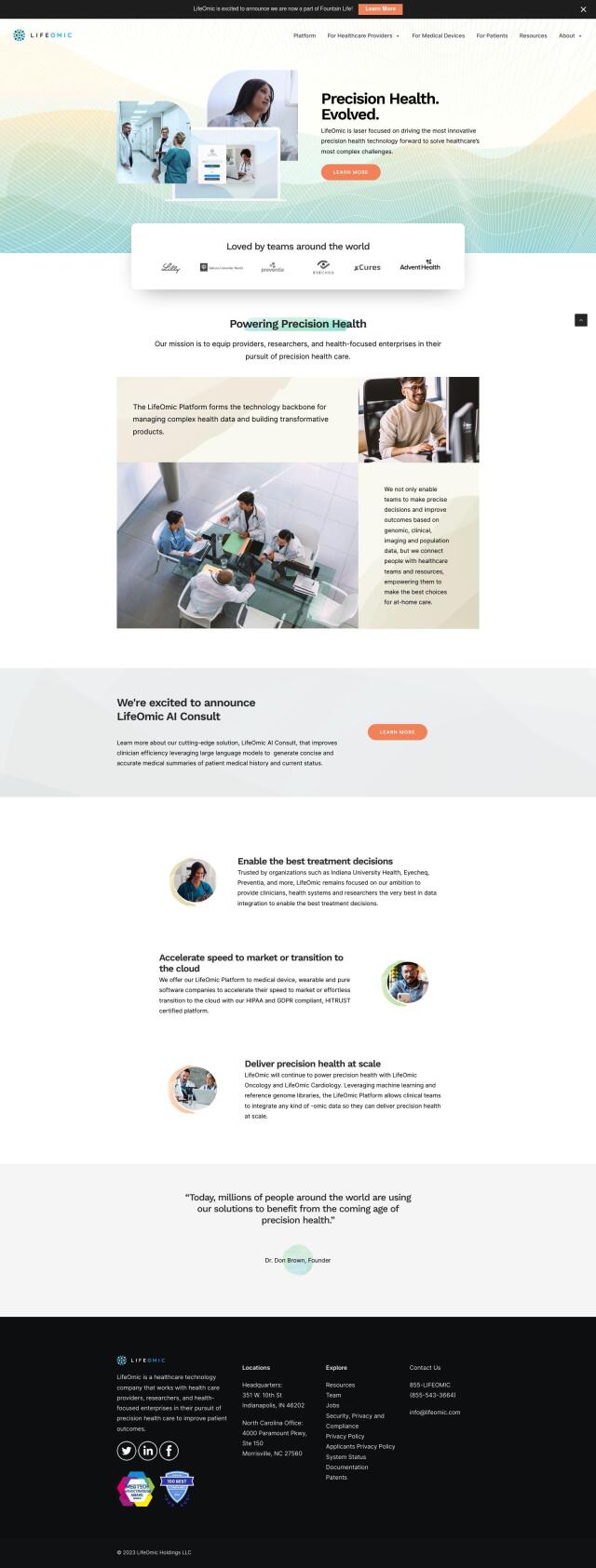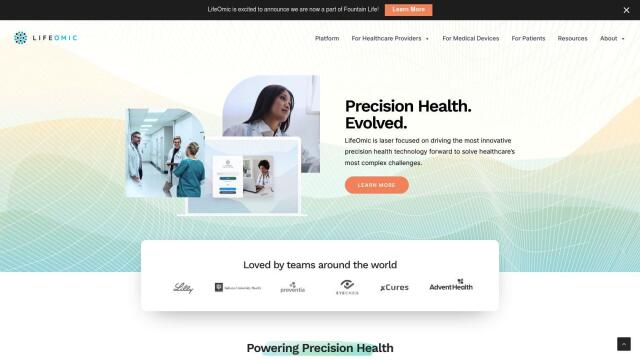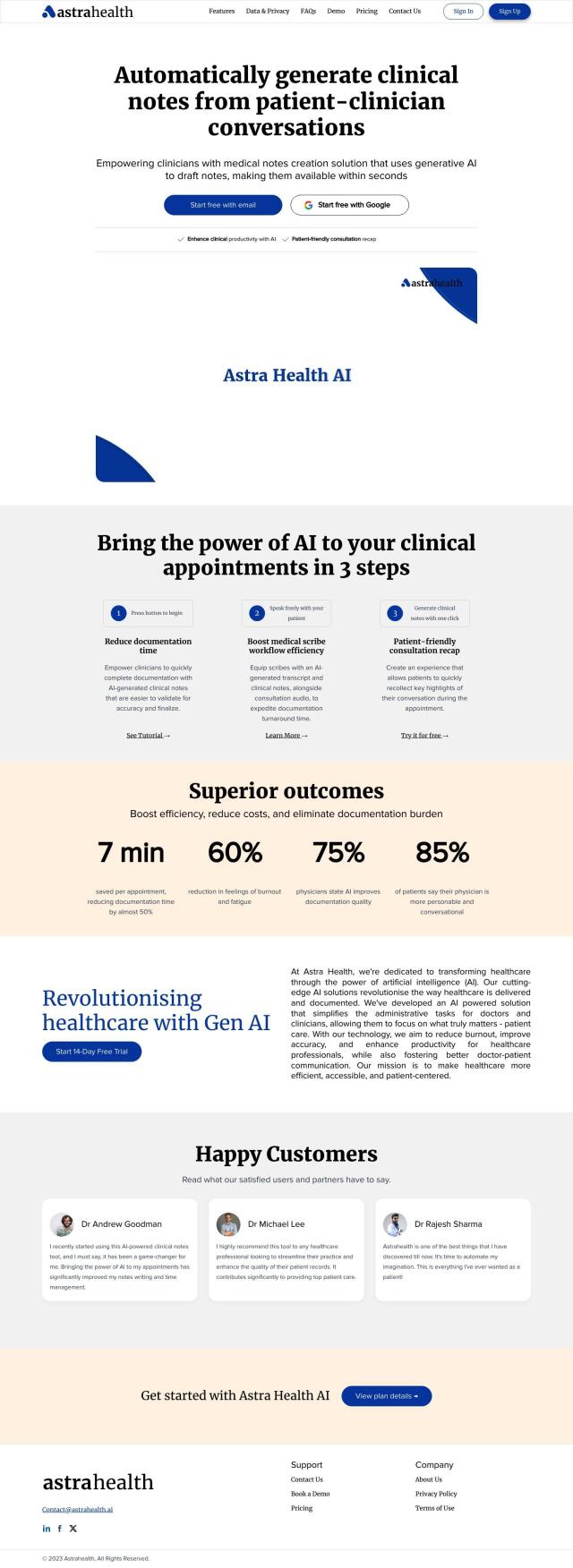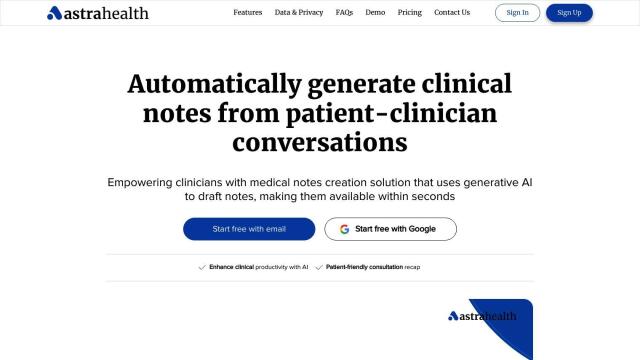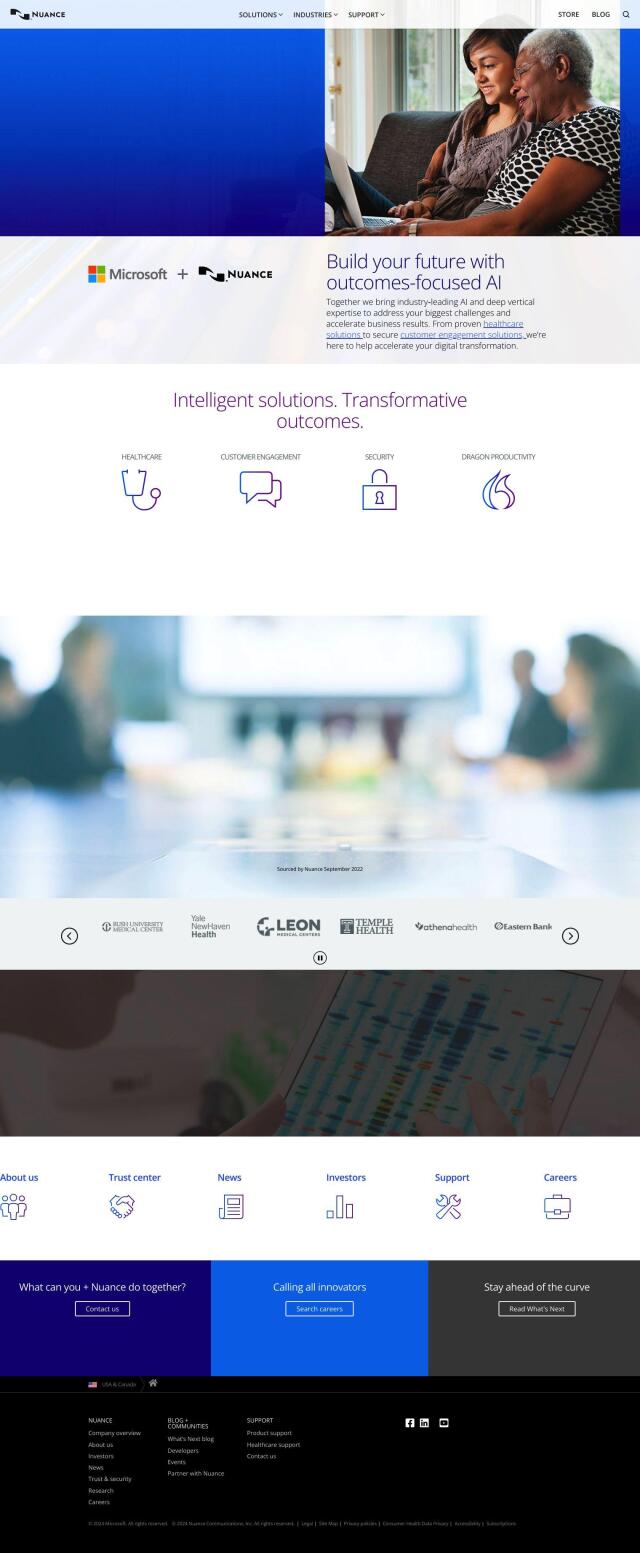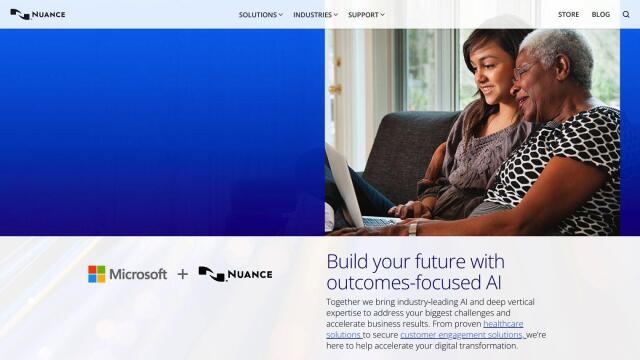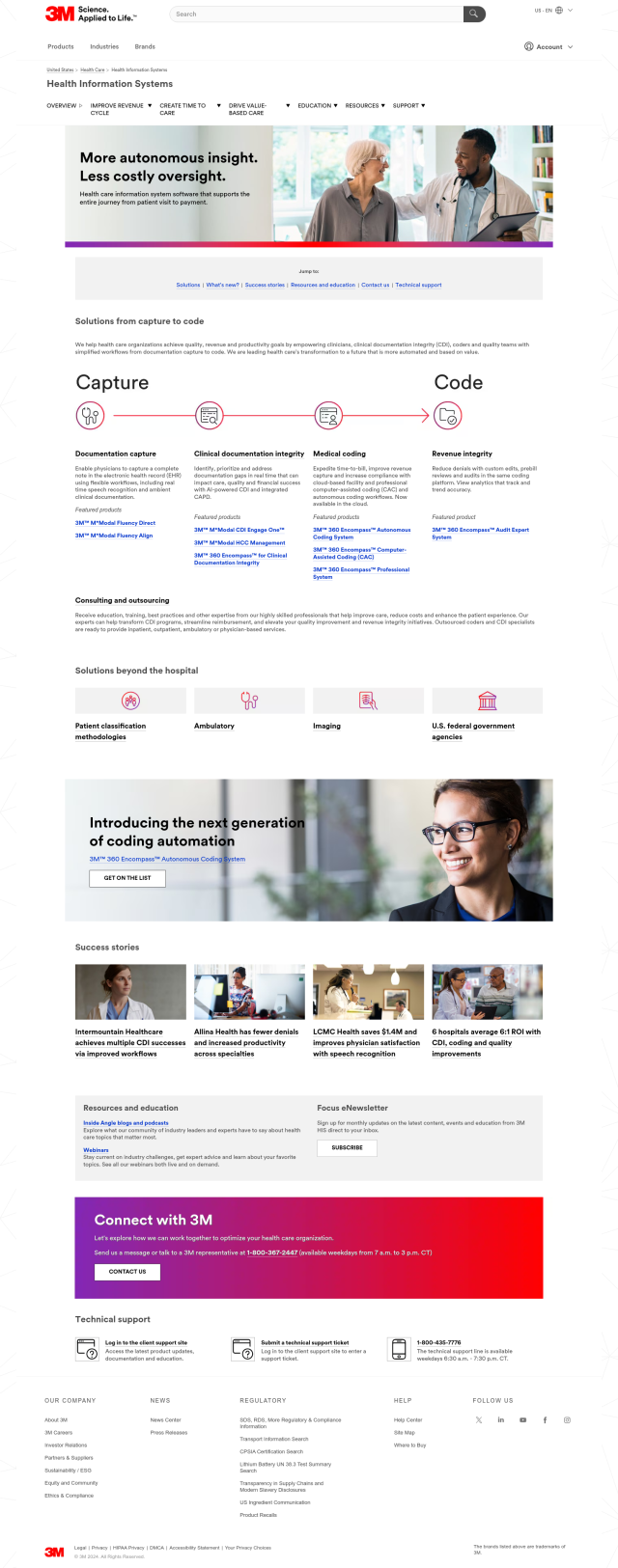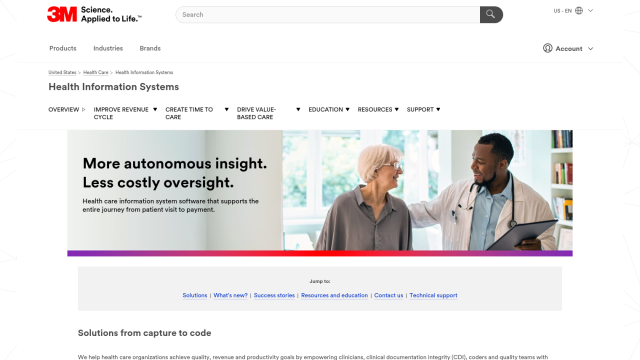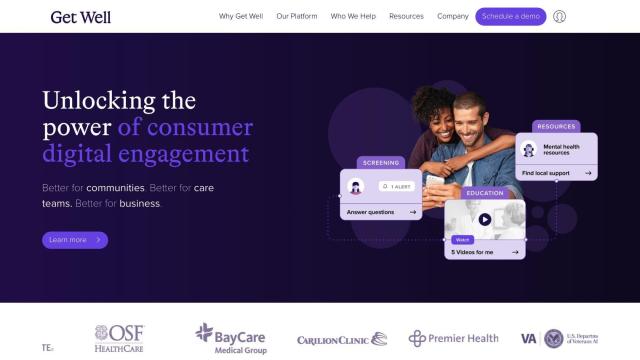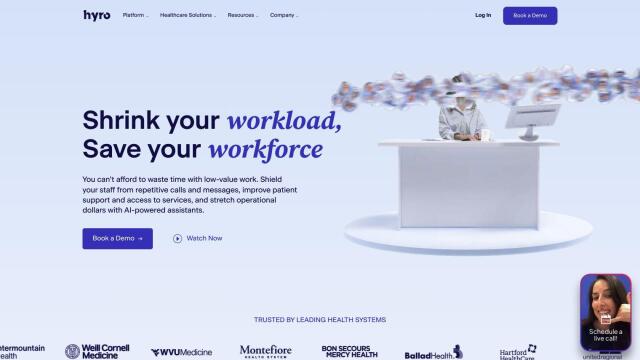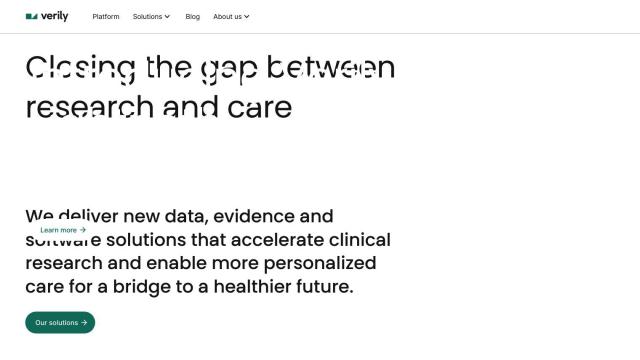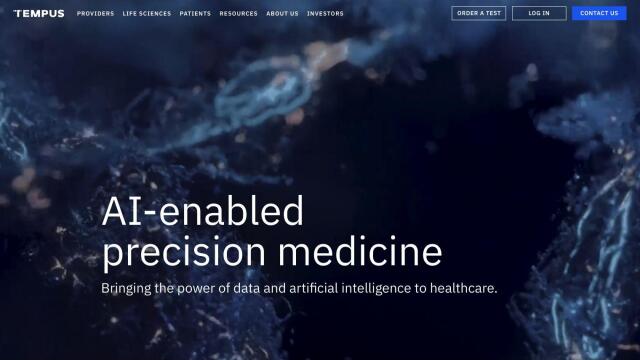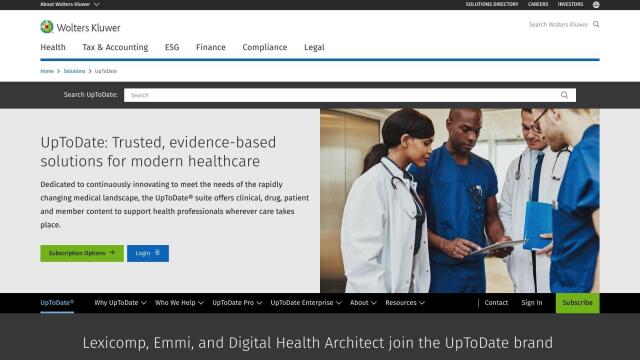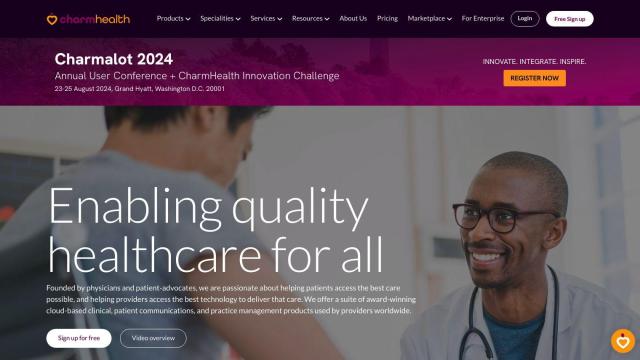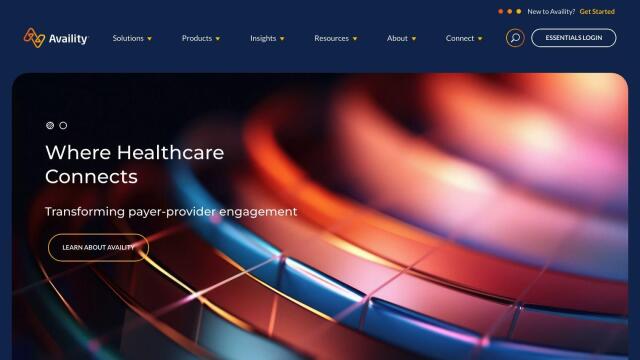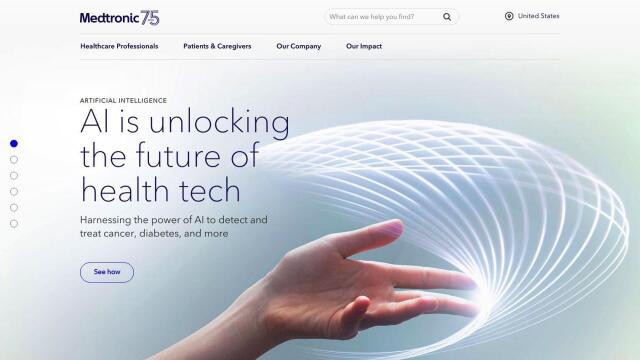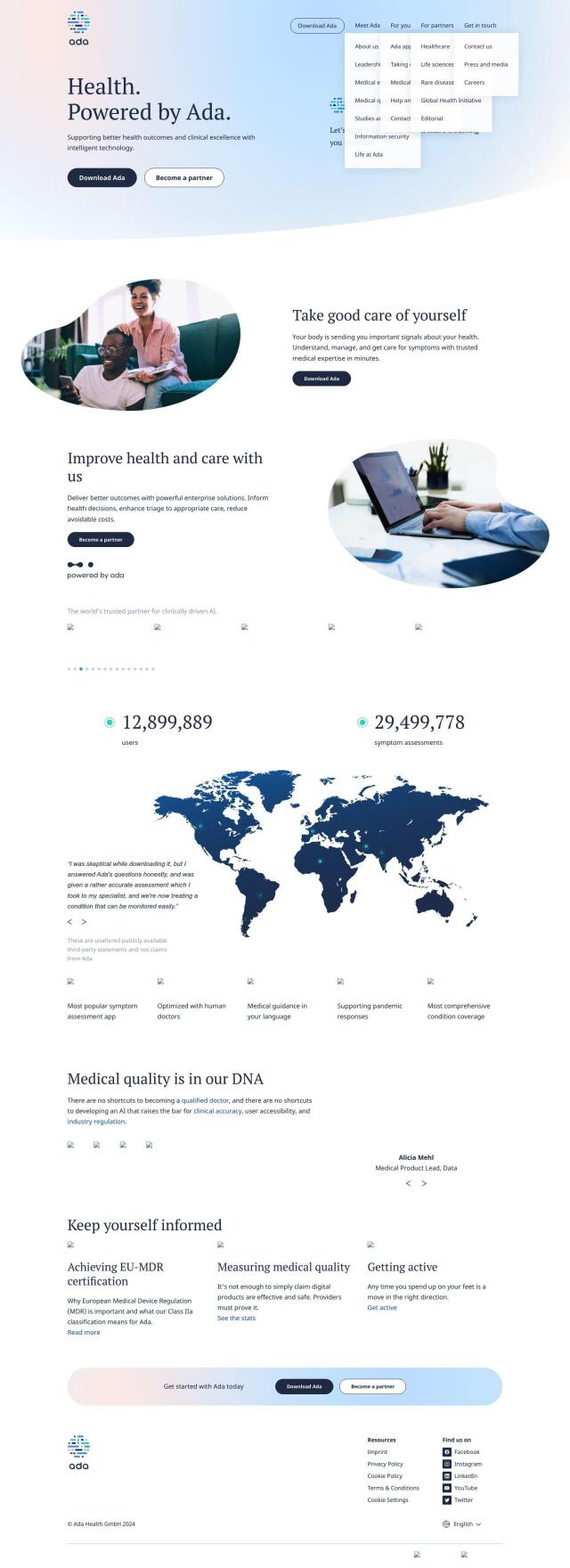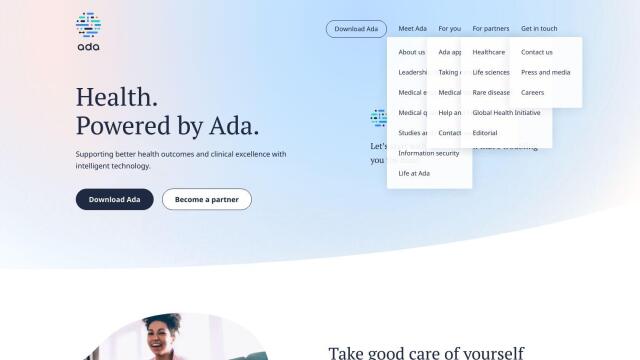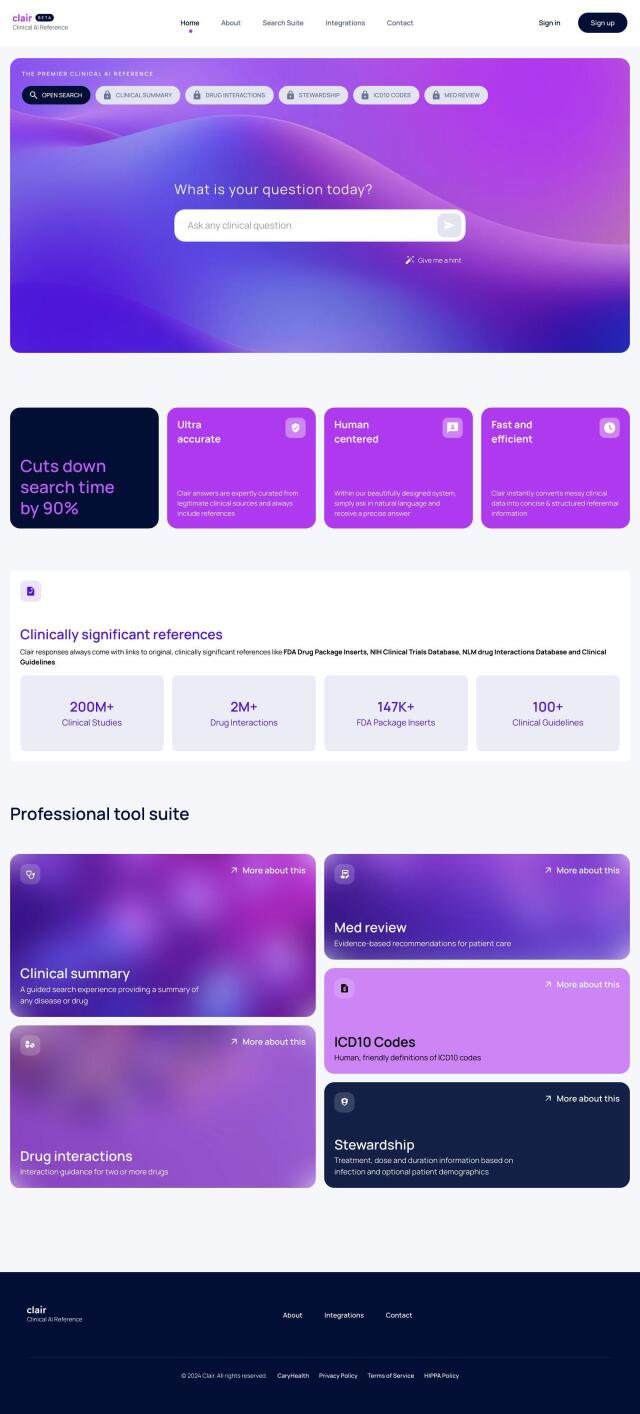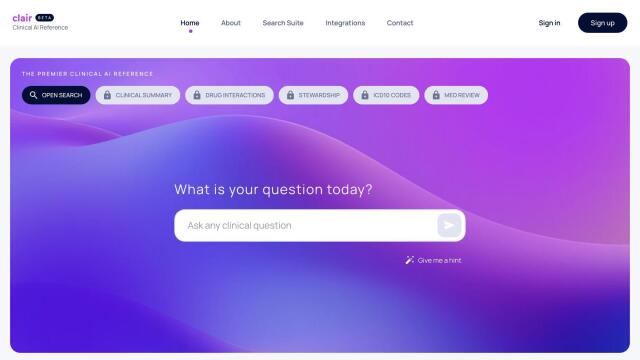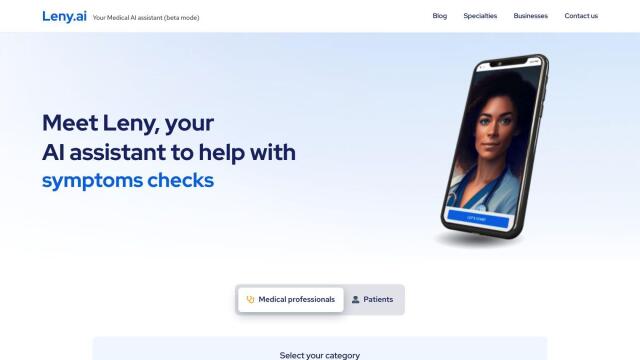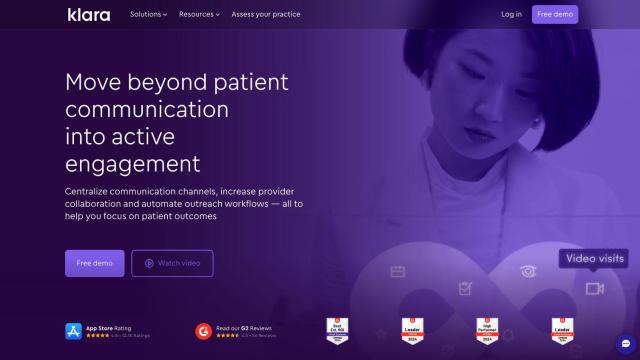Question: Is there a platform that uses machine learning to analyze EHR data and provide personalized insights for healthcare operations?

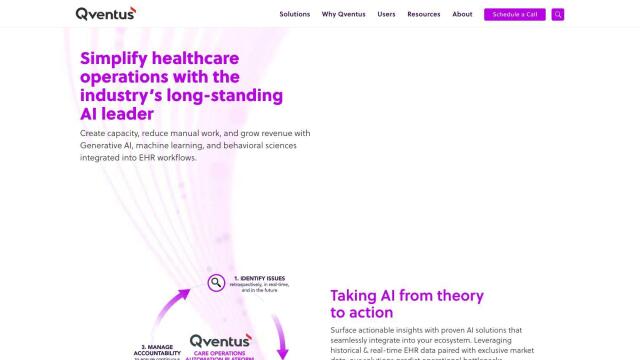
Qventus
If you're looking for a platform that uses machine learning to analyze EHR data and provide personalized insights for healthcare operations, Qventus is a strong contender. It uses AI, machine learning and behavioral science to optimize patient flow and operational performance. By connecting to EHR systems like Epic, Cerner, Allscripts and Meditech, Qventus automates workflows, predicts operational constraints and provides actionable insights to help healthcare providers run more efficiently and reduce manual labor.

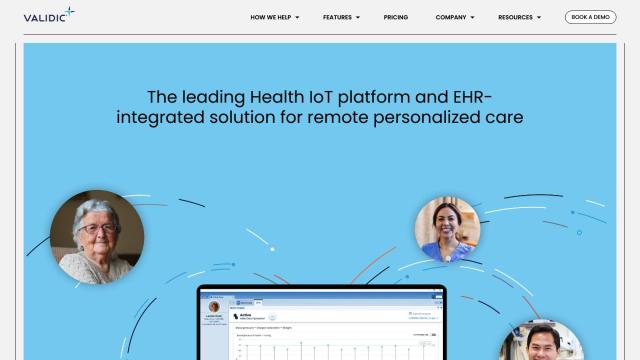
Validic
Another contender is Validic, an EHR-connected service for remote personalized care. Validic links a large network of health devices and apps to convert health data into insights for clinicians and patients. With features like health IoT platform integration, remote patient monitoring and active alerting, Validic streamlines clinical workflows and optimizes population health programs, resulting in better patient outcomes and higher patient satisfaction.

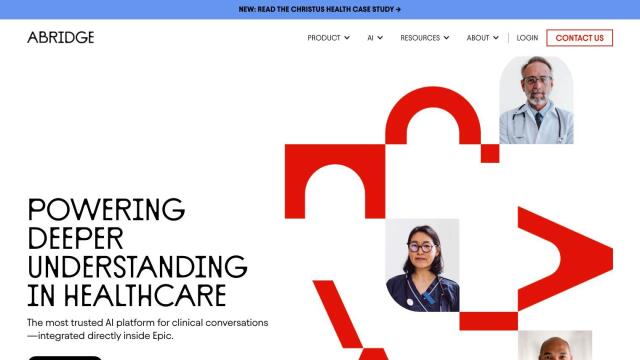
Abridge
If you're looking for a solution that focuses on documentation and note-taking, Abridge is a generative AI platform that converts clinical conversations into structured notes. Built directly into Epic systems, Abridge generates notes in real time, provides clinically validated summaries and verifiable notes against original transcripts. That can help free clinicians from documentation burdens so they can focus on other aspects of their lives and work and deliver better care.

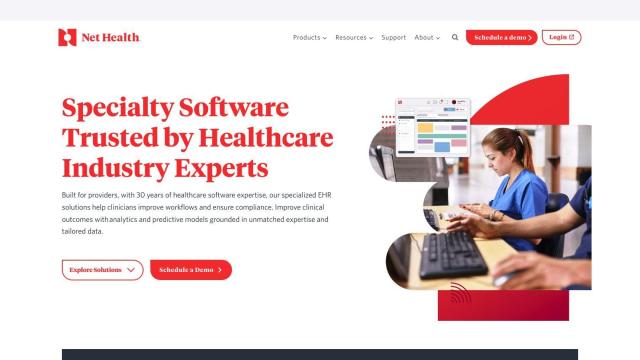
Net Health
Last, Net Health offers a full EHR software system with more sophisticated predictive analytics. The system is used in many different clinical settings, and Net Health's system automates workflows, documentation and patient engagement with AI technology. With predictive analytics and business intelligence tools, the system helps drive data-informed decisions, leading to better clinical outcomes and financial performance while ensuring seamless interoperability with existing healthcare systems.

